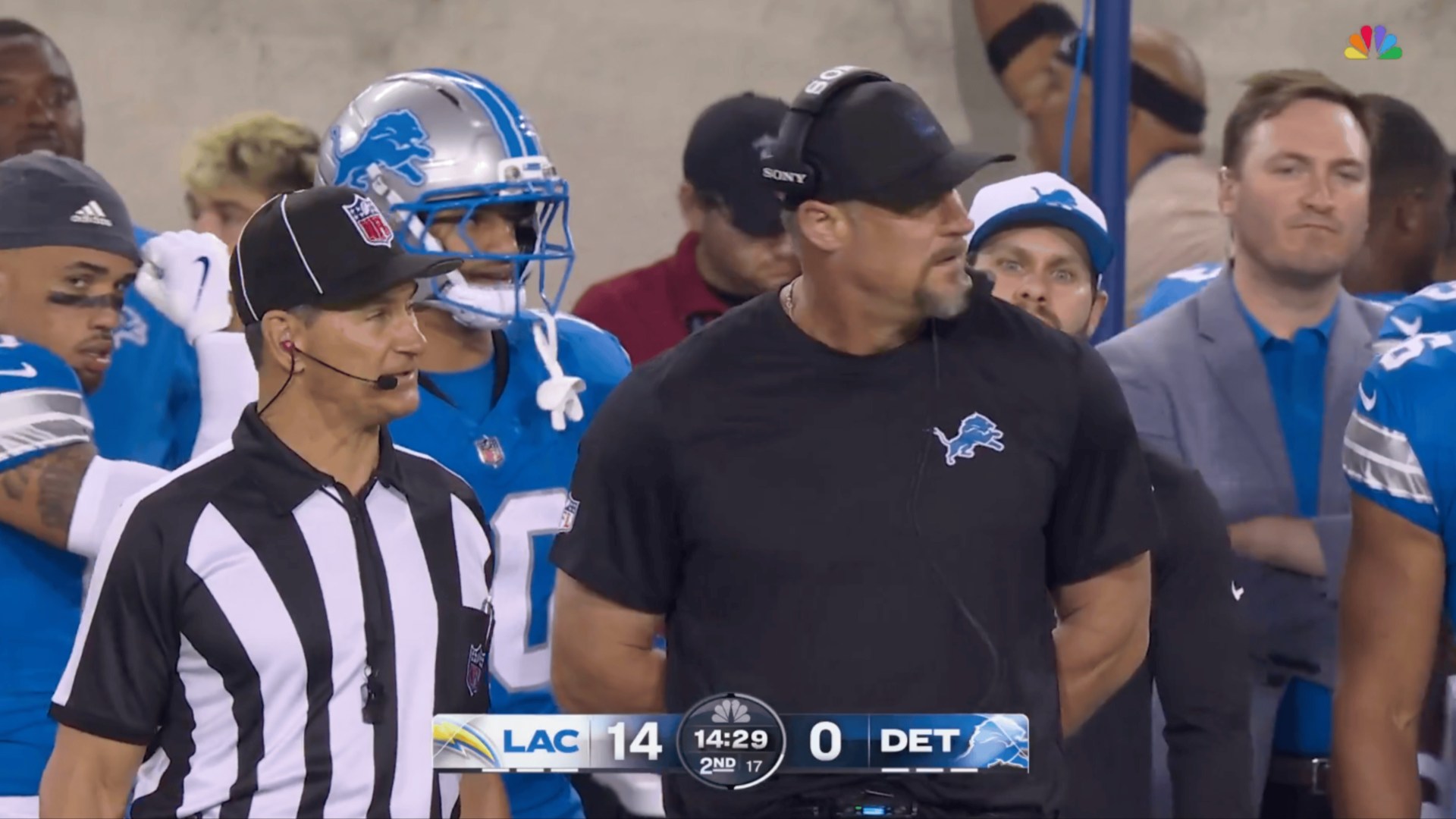The annual NFL Hall of Fame Game, typically a low-stakes curtain-raiser, unexpectedly ignited a firestorm of controversy among football enthusiasts with the controversial debut of groundbreaking rule changes. What was intended as a testbed for innovation quickly became a focal point of fan fury, as traditional elements of the sport were dramatically altered, sparking intense debate over the future direction of America’s most popular game.
At the heart of the uproar was the introduction of an advanced AI system designed to replace the venerable chain gang, a fixture of football officiating for 119 years. Instead of human officials rushing onto the field to measure first downs, a virtual rendering generated by artificial intelligence was projected onto screens, indicating whether a team had achieved the required yardage. This technological leap, intended to enhance precision and streamline gameplay, was met with widespread skepticism and outright hostility from a fanbase deeply rooted in the sport’s history.
The immediate reaction from fans on social media was overwhelmingly negative, branding the new AI officiating system as ‘lame’ and ‘garbage.’ Many expressed a profound sense of disillusionment, arguing that the automation stripped away a beloved, tangible aspect of the game. The visual spectacle of the chain gang, a ritualistic part of football, was perceived as an essential component of the live experience, and its abrupt removal resonated as a disregard for the sport’s long-standing traditions.
Beyond the AI-powered measurements, the Hall of Fame Game also saw significant revisions to kickoff rules, aimed at invigorating one of football’s most debated plays. Under the new regulations, touchbacks were moved to the 35-yard line, a strategic adjustment designed to encourage more aggressive returns and inject more excitement into special teams play, moving away from the prevalence of fair catches.
The impact of these kickoff modifications was immediately evident. Early in the game, Detroit Lions linebacker Grant Stuard fumbled the inaugural kickoff as he attempted to return it from the 26-yard line, setting a tone for the Lions’ challenging night. Such plays underscored the heightened risk and reward dynamics now inherent in kickoffs, potentially leading to more turnovers and pivotal moments.
Further strategic shifts included changes to the onside kick rule. Previously limited to the fourth quarter, teams could now attempt an onside kick at any point during the game when trailing, offering a new dimension to late-game comebacks and tactical decision-making. This adjustment provides teams with increased flexibility to reclaim possession, potentially leading to more dramatic finishes.
Amidst the widespread discussion of rule changes, the game itself showcased promising performances, particularly from Los Angeles Chargers quarterback Trey Lance. His stellar two-touchdown display earned him considerable praise, with coach Jim Harbaugh commending his calm, collected demeanor and effective operation of the offense. While the new rules dominated headlines, Lance’s strong showing offered a glimpse into the individual talents vying for attention in the evolving landscape of professional football.






Leave a Reply